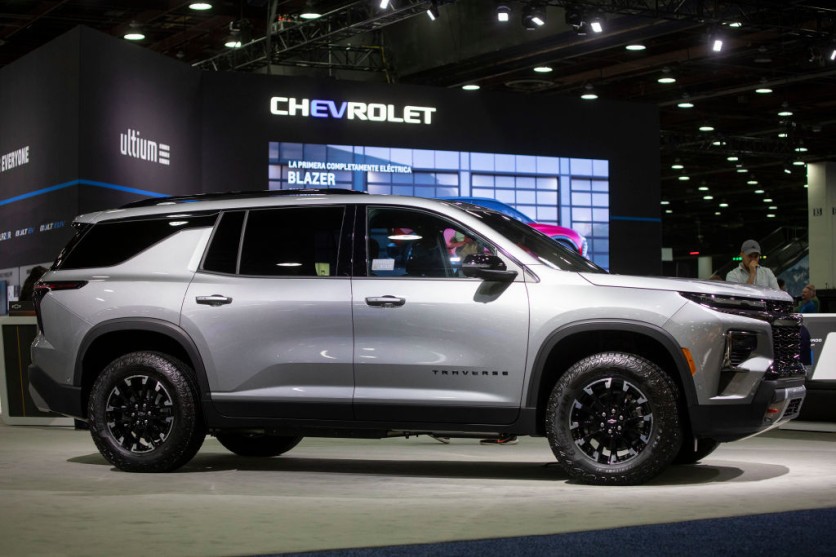General Motors (GM) and Honda Motor have canceled their collaboration to co-develop inexpensive electric vehicles (EVs) due to a slowdown in demand and changes in market conditions.
The car manufacturing firm's move represents a reevaluation of manufacturers' EV ambitions, especially GM's, and comes more than a year after the alliance was first announced.
With a projected start date of 2027, the partnership sought to use General Motors' next-generation Ultium battery technology to produce millions of EVs for the worldwide market at a price point of around $30,000. It was anticipated that this range would include well-liked small crossover cars.
Enormous Challenges
However, since the initial announcement of the GM Honda partnership, there have been obstacles to the EV landscape, including increased manufacturing costs, inadequate infrastructure, and customer demand that has not manifested as quickly as expected.
Thus, GM and Honda ended the collaboration 18 months after announcing ambitions to produce low-cost electric vehicles, according to a TechCrunch report.

GM spokesperson Darryll Harrison reiterated that the decision had no impact on Bolt's initiatives. GM CEO Mary Barra underlined this mindset and their commitment to improving Bolt's driving, charging, and ownership experience on an earnings call with investors.
"After conducting a thorough investigation and analysis, we have decided to end the program together. In the EV industry, all companies are still dedicated to maintaining affordability. In the EV industry, every firm is still dedicated to affordability," Harrison stated in an email, as quoted by CNBC.
Moreover, Honda CEO Toshihiro Mibe remarked in a Bloomberg interview that the affordable EV plan "would be difficult as a business."
It's Not The End of The Road
Notwithstanding the cancellation of the particular entry-level EV initiative, GM and Honda will continue to collaborate on other projects, like GM's production of the 2024 Honda Prologue EV. Additionally, both businesses are carrying on with their partnerships in the fields of driverless cars and hydrogen fuel cells.
GM and Honda have shown an increasing interest in autonomous cars, in contrast to their trimmed-back ambitions for electric vehicles. On October 18, GM, Cruise, the company that makes self-driving cars for GM, and Honda announced that they would be forming a new joint venture to provide a robotaxi service in Japan.
The service is expected to launch in downtown Tokyo using a fleet of specially constructed Cruise Origin cars in early 2026. It is anticipated that the fleet will grow from a few dozen cars to five hundred, and the service area will be extended outside of downtown Tokyo.
Meanwhile, Reuters reported that a Honda representative noted that the Japanese car manufacturer's relationship with GM and Cruise will not be hurt by Cruise's autonomous testing permit suspension in California. Safety concerns and misrepresentation prompted California to ban Cruise's autonomous vehicles from state highways.

ⓒ 2025 TECHTIMES.com All rights reserved. Do not reproduce without permission.



